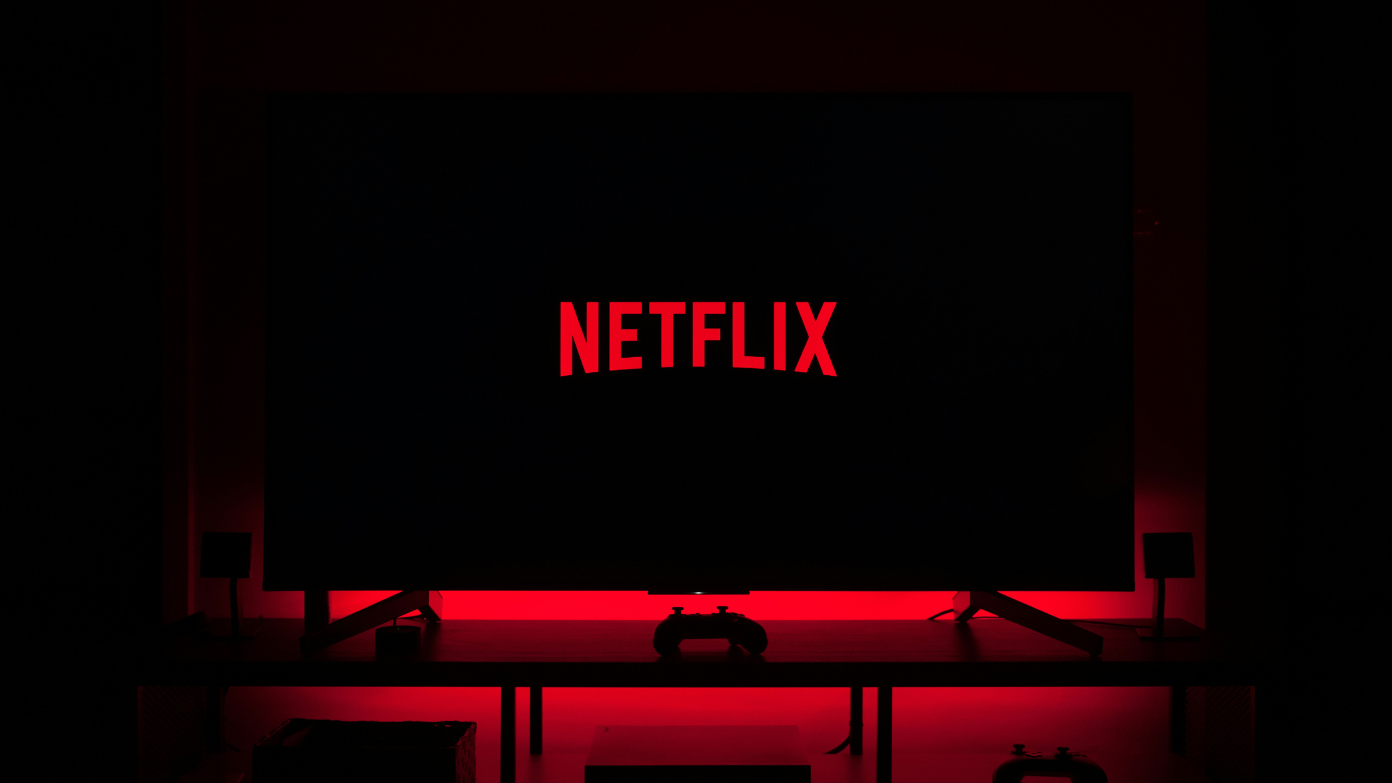President Donald Trump’s latest threat to slap a 100% tariff on foreign-produced films caused a shockwave across the entertainment and streaming industries. The first-time action is meant to cut back on imports of foreign films, which Trump contends endanger national security and unity. Tariffs will hit popular streaming services such as Netflix, Prime Video, Disney+, and HBO Max, with the potential for increased prices and restricted access to foreign content by US consumers.
The tariff announcement and industry response
Trump announced on May 4, 2025, through social media that films produced abroad entering the U.S. would be hit with a 100% tariff, stating the import of such films as a “national security threat” and claiming tax breaks are being utilized by foreign governments to lure American filmmakers overseas. He instructed the Department of Commerce and the United States Trade Representative to implement this tax right away.
The news caused an instant market reaction: Netflix’s shares fell by some 4-5%, erasing some $20.4 billion of market value overnight-the biggest single day drop since April 2025. Other big media giants also lost their shares value, including Disney (down 2%), Warner Bros. Discovery (down 3%), Paramount, and Comcast, which owns Universal Pictures.
Hollywood studios and streaming giants have been left in dismay and uncertainty over the vagueness of the tariff implementation. Basic questions still remain as to how the tariffs will be applied-whether on theatrical releases, streaming content, or both-and how consumers will be charged the costs.
Impact on streaming platforms and content
Streaming platforms such as Netflix, Prime Video, Disney+, and HBO Max heavily depend on international productions in a bid to be able to provide diversified content for the international viewership. Most of the blockbusters and hits are partially or fully shot abroad so that one is able to cut costs on production expenses and reap reduced tax incentives offered by the nations of Canada, the UK, New Zealand, and Australia.
Some examples are
- Disney’s Marvel films like Avengers: Doomsday and Spider-Man: Brand New Day, filmed in London
- Paramount’s Mission: The Reckoning, filmed in other foreign locations
- Lionsgate’s Ballerina, filmed in the Czech Republic
- Netflix hits like Squid Game and The Crown, filmed abroad
The levies will double the price of importing such foreign-produced movies, compelling the streaming services to increase the subscription fee or cut down the foreign content production. This can lead to fewer movies being approved or produced overseas, upending the international production culture.
Legal and practical challenges
Imposing a 100% tariff on movies is riddled with legal and logistical challenges. Unlike physical goods, movies are intellectual products that are likely to be distributed over the internet, so one does not know how tariffs would be collected or applied. One also questions whether tariffs would be payable on partially foreign-produced foreign movies, independent foreign-language films, or postproduction overseas.
Industry analysts doubt the viability of the tariff and foresee wide-ranging legal fights, particularly on free speech and trade law grounds. Furthermore, the tariff would put a strain on U.S. relations with its main trading partners and trigger retaliatory measures from other industries.
Wider industry and consumer effects
The tariff would reshape the entertainment landscape in the U.S.:
- Increased consumer expense: Subscription rates by streaming companies could rise to cover tariffs, affecting millions of consumers.
- Less content diversity: There would be diminished cultural diversity with lower numbers of foreign productions and less exposure to the best international films.
- Production changes: Studios might reconsider where they produce, adding to the expense of local production.
- Uncertainty in the market: Investor confidence in media shares has already fallen, fueled by issues of profitability and growth.
- The shift is on top of existing Hollywood woes, such as pandemic recovery and recent strikes, adding to industry uncertainty.
President Trump’s 100% tariff on imported foreign-made movies into the nation is a pointed trade policy action aimed at the entertainment industry. Although intended to stimulate local production and safeguard national interests, the tariff has the potential to upset global film production, increase consumer prices, and restrict access to popular international content on platforms such as Netflix, Prime Video, Disney+, and HBO Max. As the sector attempts to get its head around the tariff’s vague details and potential implications, millions of US consumers may be bidding adieu to their favorite foreign films within current subscription budgets.
Read more: Bad news for Temu customers – These are the products that will go up in price due to Trump’s tariffs with 150% cost increases
Read more: What is May Day, where is it celebrated, what happened in Chicago in 1886 and how does it differ from Labor Day in the…

